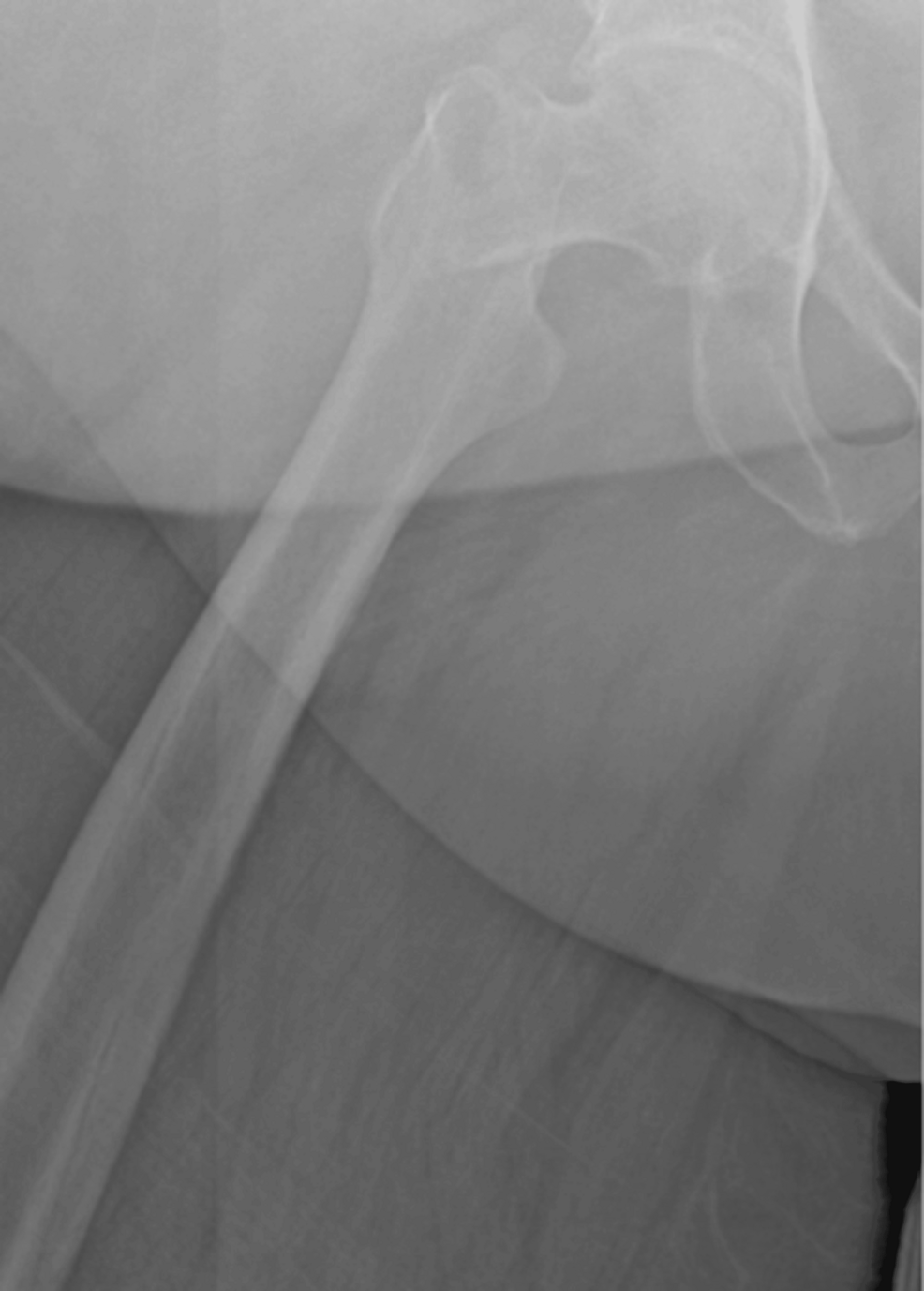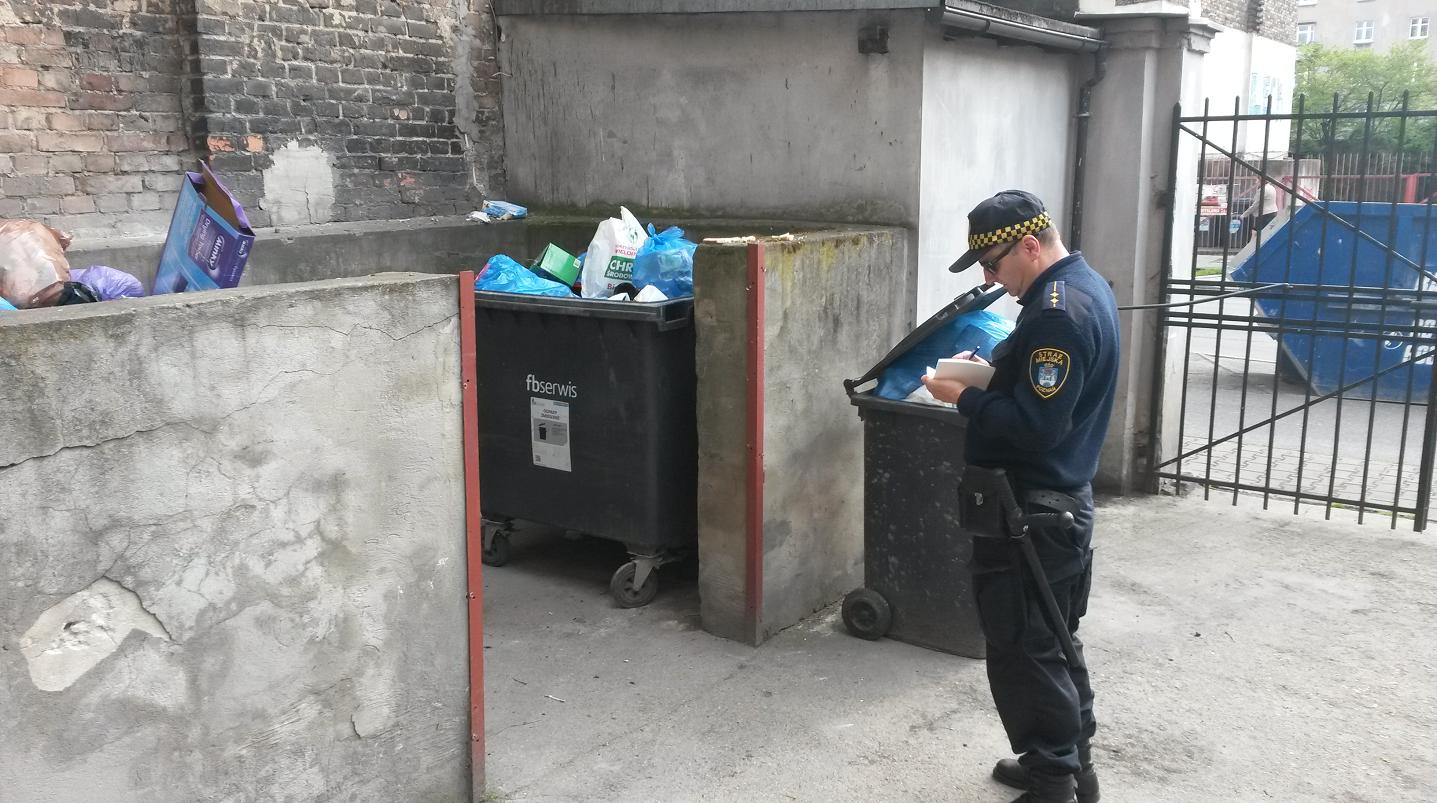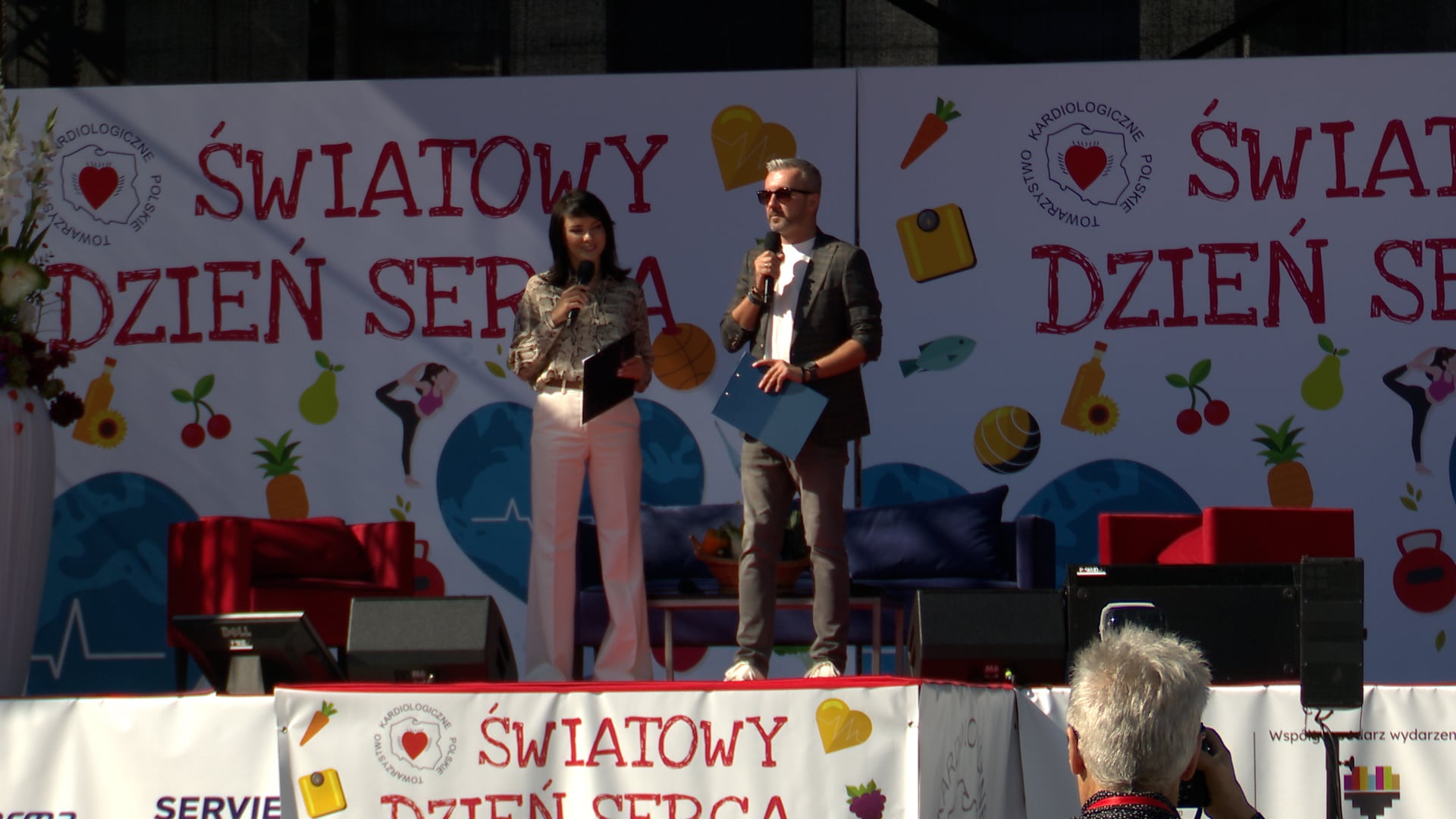Position on European Association of Perinatal Medicine, European Board and College of Obstetricians and Gynaecologists, European Midwives Association. Joint position statement: Substandard and disrespectful care in labour – because words matter (1)
Obstetric violence is a violation of human rights and is a form of violence that still remains inadequately recognized and acknowledged. The Childbirth with Dignity Foundation, other non-governmental organizations, and allied individuals unequivocally oppose the disregard of the issue of obstetric violence by not acknowledging the term „obstetric violence.” The failure to introduce the term „obstetric violence” into the public sphere is perceived as another form of oppression against women who have experienced harm during perinatal care, negatively impacting their health and lives. We also oppose the inappropriate shifting of responsibility and putting it on us, women, that labelling our negative experience as „obstetric violence” has a harmful and unjust effect on the well-being of medical staff. The denial of the concept of obstetric violence by organizations representing the medical community is another form of institutional violence directed at individuals who have been subjected to violence during childbirth.
Obstetric violence, as numerous studies worldwide (2,3), including those in Poland (4,5,6), have shown, encompasses psychological, emotional, and physical violence. As indicated by substantial evidence, some women are being subjected to medical interventions without obtaining their informed consent. In some instances, these interventions are performed without their knowledge. Such actions can also violate the privacy and intimacy of women. Unacceptable behaviours by healthcare providers include ignoring women’s complaints and requests for help, as well as ridiculing, mocking, humiliating, and intimidating birthing individuals. Publications also mention physical violence in the form of forcefully pressing on the abdomen, pulling, and at times even slapping.
The above practices violate fundamental human rights, including the inalienable right to dignity and respect for personal integrity; therefore, we strongly disagree with trivializing this phenomenon. This is not „inadequate and insufficient care”; it is violence against women. The Convention on the Elimination of All Forms of Discrimination against Women, adopted by the United Nations (UN), obliges governments to eliminate discrimination against women in healthcare, including access to family planning services and care during pregnancy, childbirth, and the postpartum period(7). The World Health Organization (WHO) also emphasizes women’s right to the highest standard of healthcare and dignity during perinatal care (8).
The Childbirth with Dignity Foundation has gathered numerous pieces of evidence of obstetric violence in Poland. The results of the monitoring report on maternity wards „Perinatal care in Poland in the light of women’s experiences” indicate that 54.3% of women have experienced abuse or violence related to the behaviour of staff or failure to adhere to all procedures (9). Studies conducted in Spain with the support of the El Parto es Nuestro Association reveal that 38.3% of women stated they had experienced obstetric violence (10). These findings demonstrate that obstetric violence is global problem and requires a systemic approach. Prof. Susan Ayers, the leader of COST ACTION DEVOTION, a European research programme investigating birth-related post-traumatic stress disorder, uses the term „obstetric violence” (11). In the published recommendations, she writes about „respecting women’s rights before, during, and after childbirth and preventing mistreatment and obstetric violence.” This term, distinct from inappropriate treatment, has its place in literature and research findings, and it is important not to misuse it. At the same time, it cannot be claimed that this phenomenon does not exist or that it should not be discussed.
Obstetric violence has long-term consequences both physically and psychologically. Women who have been subjected to this type of violence may suffer from post-traumatic stress disorder (PTSD), postpartum depression and other mental health consequences. A systematic review by Silva-Fernandez provides evidence that obstetric violence contributes to postpartum depression and post-traumatic stress disorder (12). The review’s authors recommend changes in maternity care policies, suggesting individualized health care and monitoring of women’s mental health.
Research and clinical observations show that the experience of obstetric violence affects family relationships, the ability to care for a child and the overall well-being of women. Obstetric violence also affects society, contributing to lower confidence in the health care system and worsening health outcomes. In the long term it also negatively affects demographics by lowering birth rates and increasing the number of medical interventions due to the trauma of obstetric violence.
Obstetric violence is also a form of sexual violence and includes not only direct physical acts such as inappropriate touching or violating a woman’s intimacy. Research conducted by the Childbirth with Dignity Foundation documents cases in which women were forced into medical procedures, such as a perineal incision or internal examination, without being fully informed and without informed consent (13), which is a violation of their sexual and reproductive rights.
The discussion of obstetric violence continues around the world. The World Health Organization is drawing attention to the problem and calling on organizations and governments to work to improve the quality of maternity care and eliminate abuse, particularly abuse in the form of disrespect for women. And while a single term is still lacking, work is underway to accurately define the phenomenon.
On behalf of the Childbirth with Dignity Foundation and the organizations, women and allied individuals who signed the letter, we object to the non-recognition of the term „obstetric violence” for experiences of harm and violence against women in the area of perinatal care. In our view, this is a blatant marginalization of women’s harm and an incomprehensible unwillingness to name the phenomenon according to the facts. Failure to recognize the concept of obstetric violence seems to be a form of seizing power over the discourse around this issue, which is a manifestation of the predominance of institutions representing doctors and midwives not only in the labour room, but also in the context of creating a linguistic representation of reality to permeate the world of media and politics, thus influencing the shape of legal systems.
It is necessary to recognize the injustice of women experiencing obstetric violence in order to effectively counter this phenomenon. According to the Foundation, the linguistic perspective plays a key role in shaping social reality. The term „obstetric violence” is of great importance in the context of recognizing and combating this phenomenon. Words have the power to define problems and shape approaches to solving them. The lack of recognition of obstetric violence in public discourse makes it difficult to recognize and counter this form of violence. Using the right terminology is essential to understanding the scale of the problem and mobilizing action to eliminate it. Recognition of the problem is crucial not only to repair the damage done to us women, but also to prevent further abuse. Terminology is of great importance here, as it shapes social reality and helps to recognize the scale of the problem. Using the right terms is essential to understanding and preventing obstetric violence.
The phrase „obstetric violence” does not point to specific individuals as perpetrators, but to the timing of the violence and the context in which it occurs. Perpetrators of obstetric violence can be obstetricians, midwives, neonatologists, anesthesiologists, as well as others involved in the care of a woman during childbirth. We appreciate that the health care community is willing to work to improve the situation and develop joint strategies. However, for cooperation to be effective, it is essential to recognize the problem of obstetric violence and the harm it causes women. Recognizing this problem is the first step in bringing about real change and ensuring safe and dignified maternity care.
We note that obstetric violence also stems from the unequal relationship between the patient and healthcare personnel, where healthcare personnel can abuse their position, wielding authority to exercise control and power over the woman in the role of „patient.” Erving Goffman’s concept of „total institutions” highlights the risk of abuse in structures where power is concentrated and where individuals are subordinated to the system (14). Hospitals, especially maternity wards, can function as such institutions where patients have limited control over their experience, which in turn increases the risk of violence. Childbirth is a unique and one of the most vulnerable events in a woman’s life, in which she relies on medical personnel for help and care. She cannot leave the place of labor and go to a safe place, and the fear accompanying this situation for her own and the newborn’s health and life cause her to adopt a defensive attitude and not assert to her rights. This is a moment of unique power over a woman’s health and life.
To minimize the phenomenon of obstetric violence, multifaceted measures are needed, which include: education and training for medical personnel, legislative changes recognizing obstetric violence as one form of gender-based violence, providing psychological support for women who have experienced violence, creating systems for monitoring and reporting cases of abuse, and promoting cooperation between NGOs, state institutions and the medical community. Education should focus on women’s rights, interpersonal communication and coping with stress, and legislative changes should enable aggrieved women to effectively assert their rights. Systemic measures to reduce obstetric violence should aim to support staff by equipping them with tools to deal with their own feelings (e.g., helplessness and anxiety), as well as those of women in labor. It is important to educate about the fact that the risk of traumatization is inherent in the medical profession. It would also be appropriate to introduce procedures in the workplace to ensure that the well-being of staff is taken care of, such as a day off or the possibility of a break from work after a stillbirth. Recognizing the workload of obstetricians and midwives is an important, if not crucial, step in improving maternity care for women. Monitoring and reporting of obstetric violence should be easily accessible to women, provide anonymity and protection from reprisals by medical personnel. Intersectoral cooperation is essential to develop effective strategies to counter obstetric violence. Education of medical personnel should be widespread and aimed at a wide audience (students, medical school students, midwives, doctors, other professions included in the care of women during pregnancy, childbirth and postpartum), as the phenomenon of obstetric violence is currently absent from the education and teaching of the medical profession.
Responding to the call for a strategy to improve the situation, we declare our willingness to work. The first step, however, is our demand to recognize the harm to women and call it „obstetric violence” – that is, to accept that words have meanings and that obstetric violence exists. The use of the phrase „obstetric violence” is appropriate and consistent with its understanding in the social sciences (psychology, sociology, pedagogy and criminology) and the results of scientific research (11). We also call on the World Health Organization to establish „Respectful Childbirth Day” as a day to highlight the right to care with dignity, free from violence and discrimination.
A human rights perspective and the provision of care that is free from violence and discrimination are key to combating obstetric violence. Every woman has the right to safe, dignified and rights-respecting maternity care. Violation of these rights not only harms individuals, but also has broad social consequences, negatively affecting demographics by lowering birth rates and increasing the rateof cesarean sections and other medical interventions due to the trauma of obstetric violence. In addition, obstetric violence can lead to lower public trust in the health care system, which in turn can result in women being less willing to use medical services during pregnancy and childbirth.
The motto of our activities is a quote from a WHO document (8):
Every woman has the right to the highest attainable standard of health, which includes the right to dignified, respectful health care.
„The prevention and elimination of disrespect and abuse during facility-based childbirth” World Health Organization, 2014.
Supporters/ supporting:
|
|
Bibliography:
- Ayres-de-Campos D, Louwen F, Vivilaki V, Benedetto C, Modi N, Wielgos M, et al. European Association of Perinatal Medicine (EAPM), European Board and College of Obstetricians and Gynaecologists (EBCOG), European Midwives Association (EMA). Joint position statement: Substandard and disrespectful care in labour – because words matter. European Journal of Obstetrics & Gynecology and Reproductive Biology. 2024 May 1;296:205–7.
- Bowser D, Hill K. Exploring Evidence for Disrespect and Abuse in Facility-Based Childbirth: Report of a Landscape Analysis [Internet]. Harvard School of Public Health and University Research; 2010 Sep [cited 2022 Nov 3]. Available from: https://www.mhtf.org/document/exploring-evidence-for-disrespect-and-abuse-in-facility-based-childbirth-report-of-a-landscape-analysis/
- Perrotte V, Chaudhary A, Goodman A. “At Least Your Baby Is Healthy” Obstetric Violence or Disrespect and Abuse in Childbirth Occurrence Worldwide: A Literature Review. Open Journal of Obstetrics and Gynecology. 2020 Nov 6;10(11):1544–62.
- Baranowska B, Doroszewska A, Kubicka-Kraszyńska U, Pietrusiewicz J, Adamska-Sala I, Kajdy A, et al. Is there respectful maternity care in Poland? Women’s views about care during labor and birth. BMC Pregnancy and Childbirth. 2019 Dec 23;19(1):520.
- Nowakowska-Kutra A, Jeran A. Werbalna przemoc położnicza i lekarska wobec kobiet rodzących w Polsce – zakres i różnorodność doświadczeń rodzących w ujęciu socjologicznym. Kultura i Społeczeństwo. in print;
- Nowakowska-Kutra A, Jeran A. Opowieści kobiet o przemocy lekarskiej i położniczej – wstępne ustalenia na podstawie analizy wypowiedzi respondentek badania „Głos Matek” z lat 2020-2021. Przegląd Socjologiczny. in print;
- Organizacja Narodów Zjednoczonych. Convention on the Elimination of All Forms of Discrimination against Women [Internet]. 1979. Available from: https://www.ohchr.org/sites/default/files/Documents/ProfessionalInterest/cedaw.pdf
- Zapobieganie i eliminowanie braku poszanowania i złego traktowania rodzących w placówkach medycznych [Internet]. Światowa Organizacja Zdrowia; 2014. Available from: https://iris.who.int/bitstream/handle/10665/134588/WHO_RHR_14.23_pol.pdf
- Adamska-Sala I, Baranowska B, Doroszewska A, Piekarek M, Pietrusiewicz J. Fundacja Rodzić po Ludzku. 2018 [cited 2022 Oct 18]. Raport z monitoringu oddziałów położniczych. Opieka okołoporodowa w Polsce w świetle doświadczeń kobiet. Available from: https://rodzicpoludzku.pl/raporty/raport-z-monitoringu-oddzialow-polozniczych-opieka-okoloporodowa-w-polsce-w-swietle-doswiadczen-kobiet/
- Mena-Tudela D, Iglesias-Casás S, González-Chordá VM, Cervera-Gasch Á, Andreu-Pejó L, Valero-Chilleron MJ. Obstetric Violence in Spain (Part I): Women’s Perception and Interterritorial Differences. International Journal of Environmental Research and Public Health. 2020 Jan;17(21):7726.
- Ayers S, Horsch A, Garthus-Niegel S, Nieuwenhuijze M, Bogaerts A, Hartmann K, et al. Traumatic birth and childbirth-related post-traumatic stress disorder: International expert consensus recommendations for practice, policy, and research. Women and Birth. 2024 Mar 1;37(2):362–7.
- Silva-Fernandez CS, de la Calle M, Arribas SM, Garrosa E, Ramiro-Cortijo D. Factors Associated with Obstetric Violence Implicated in the Development of Postpartum Depression and Post-Traumatic Stress Disorder: A Systematic Review. Nursing Reports. 2023 Dec;13(4):1553–76.
- Pietrusiewicz J. Fundacja Rodzić po Ludzku. 2021 [cited 2024 Jun 27]. Raport „Opieka okołoporodowa podczas pandemii COVID-19 w świetle doświadczeń kobiet i personelu medycznego. Available from: https://rodzicpoludzku.pl/raporty/raport-opieka-okoloporodowa-podczas-pandemii-covid-19-w-swietle-doswiadczen-kobiet-i-personelu-medycznego/
- E. Goffman, Charakterystyka instytucji totalnych, in: Derczyński W, Jasińska-Kania A, Szacki, redaktorzy. Elementy teorii socjologicznych. PWN; 1975, p. 150-177.










![Samochód potrącił dzieci na hulajnogach. Poszkodowani trafili do szpitala [ZDJĘCIA]](https://radio.lublin.pl/wp-content/uploads/2024/09/460871441_488958714130706_389437505543921866_n-2024-09-22-194303.jpg?size=md)






